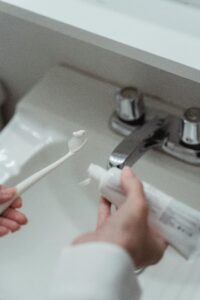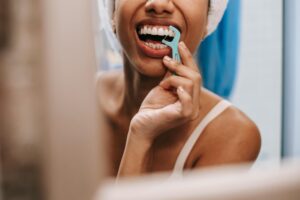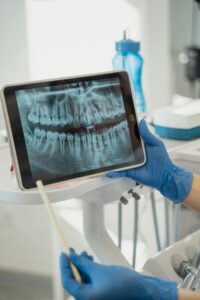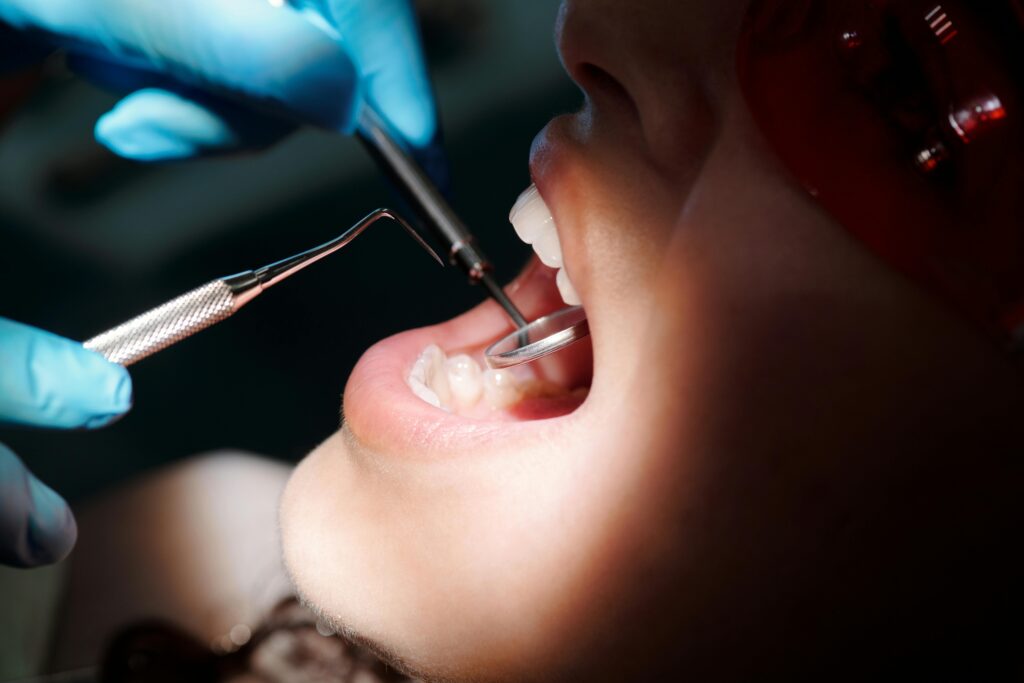Good oral hygiene is basically a part and parcel of comprehensive health. It may affect your body, not to mention your oral cavity. For instance, prevention of diseases enhances the quality of life and confers a cheerful smile. Unluckily, though, oral care is often downplayed in a daily routine so that preventable problems such as cavities and gum disease continue to plague even systemic health conditions.
Understanding Dental Hygiene
Dental hygiene refers to the oral practice of keeping the mouth, teeth, and gums clean and healthy for the prevention of disease. Regular brushing, flossing, professional cleanings, and maintaining a diet favorable to oral health are included. If these practices are neglected, plaque builds up, which has bacteria that create cavities and gum disease. Poor oral hygiene can also eventually lead to other serious health problems, such as heart disease, diabetes, and respiratory infections.

Facts About Dental Hygiene
Dental Health Has a Link with General Health Over the years, research has tried to establish how oral health contributes to systemic diseases. For instance, gum infection has been seen to be correlated with heart issues. The American Heart Association affirms that victims of periodontitis are vulnerable to heart attack and stroke conditions.
Cavities Are Not Inevitable
Cavities are one of the most common chronic conditions globally. However, they are almost completely preventable through proper oral hygiene practices. These include brushing the teeth regularly with fluoride toothpaste and limiting sugary snacks.
Flossing Is Essential
Flossing helps remove food particles and plaque that have formed between the teeth. Here, the toothbrush can reach. The ADA advises flossing every day in order to lower the chance of getting gum disease and cavities significantly. Maintain Routine Visits Professional cleanings and check-ups serve as the foundation of good oral health. Problems can be detected early by dentists, thereby saving health and money. The ADA recommends visiting a dentist at least twice a year.

Oral Cancer Screening Is Essential
There are nearly 49,000 cases of oral cancer diagnosed every year in the United States. Dental visits regularly include screening for early signs of oral cancer, which may improve the chances of survival significantly. Best Practices for Dental Hygiene: Brush Twice Daily Use a soft-bristled toothbrush and fluoride toothpaste to brush for at least two minutes, ensuring you cover all surfaces of your teeth. Replace your toothbrush every three to four months or sooner if the bristles fray. Floss Daily Clean between teeth to remove plaque and food particles. This will help prevent cavities and gum disease. If traditional floss is a problem, try using floss picks or water flossers.
Use Mouthwash: Antibacterial mouthwashes reduce plaque and control bacteria. Fluoride-based rinses build enamel and protect against tooth decay.
Follow a Healthy Diet: Limit sugary and acidic food items that cause decay. Provide high amounts of fruits, vegetables, and calcium food items that harden the teeth and gums.
Hydration: Water intake facilitates the removal of food particles and bacteria, making the mouth have a neutral pH. Fluoridated water provides extra cavity protection. Avoid tobacco pproducts. moking and chewing tobacco pose a higher risk of gum disease, tooth loss, and oral cancer. Stopping tobacco can result in much improvement in oral as well as overall health.
Consequences of Oral Hygiene Neglect
Dental hygiene has a host of issues that could arise, such as: Cavities: Untreated cavities cause pain, infection, and loss of teeth.
Gum Disease: Gingivitis is the initial stage of gum disease that can lead to periodontitis and eventually cause recession of gums and loss of teeth.

Bad Breath: Chronic bad breath, also known as halitosis, usually means that there is an underlying health condition in one’s mouth.
Systemic health conditions: Bloodstream-borne bacteria can multiply diseases or exacerbate some conditions such as diabetes and heart disease.
Dental Hygiene in the Future Oral care is revolutionized by the advancement of technology. Electric toothbrushes, water flossers, and AI-driven dental apps are helping individuals develop better hygiene routines. More so, the development of regenerative dentistry can help fix damaged teeth by rebuilding them naturally.
Conclusion
It is much more than that: maintaining a bright smile is good dental hygiene. By adopting simple daily habits and seeking regular professional care, you can prevent oral health issues and have a lifetime of healthy teeth and gums. Indeed, your oral health is an investment in your well-being.



